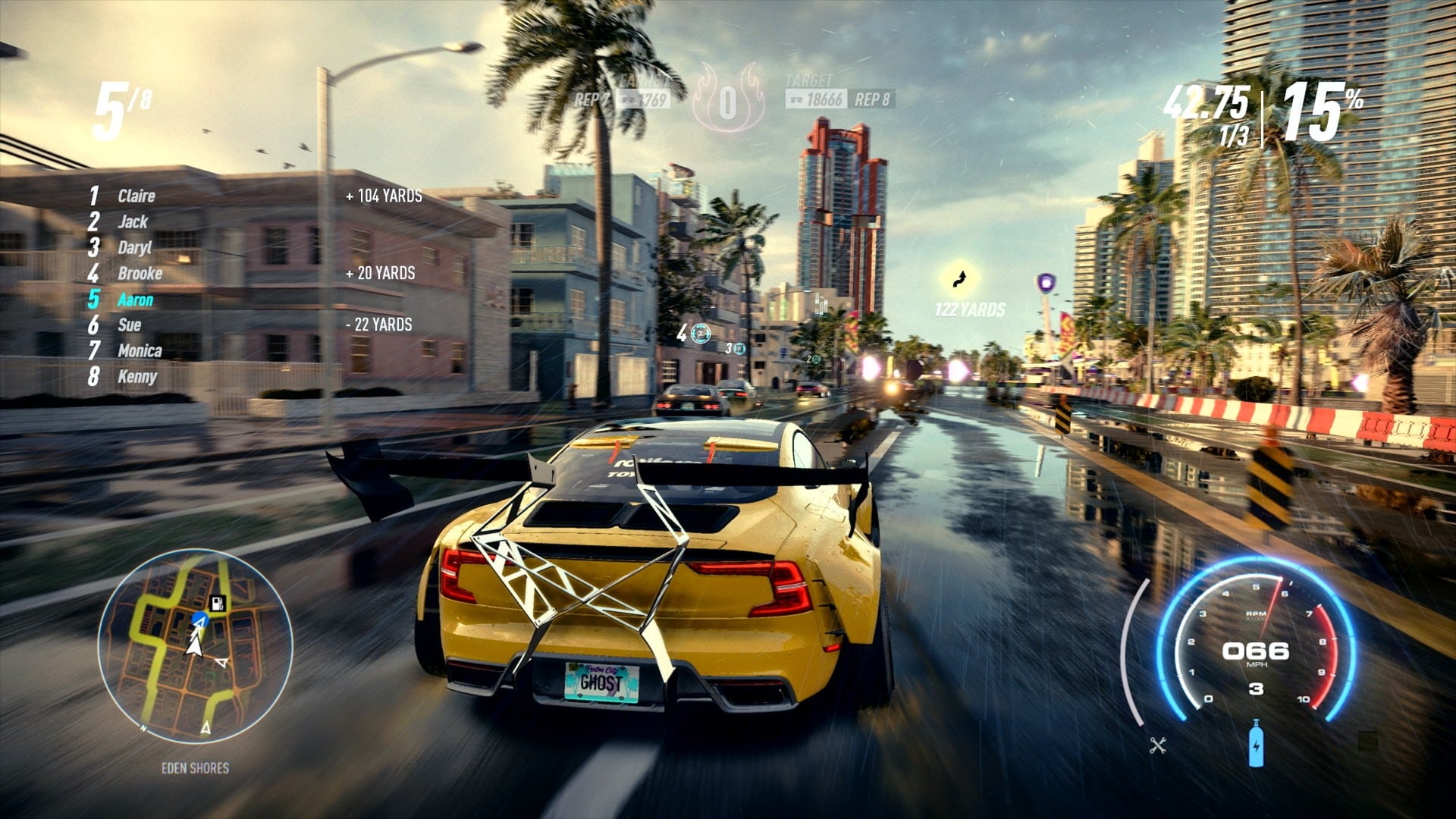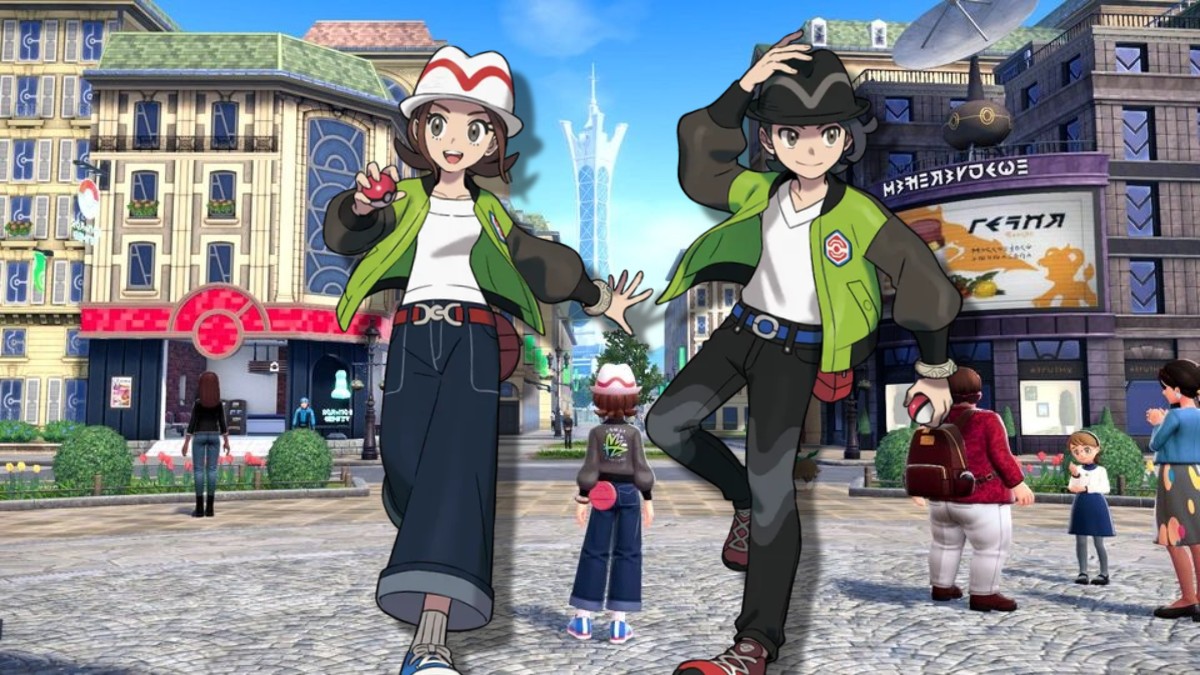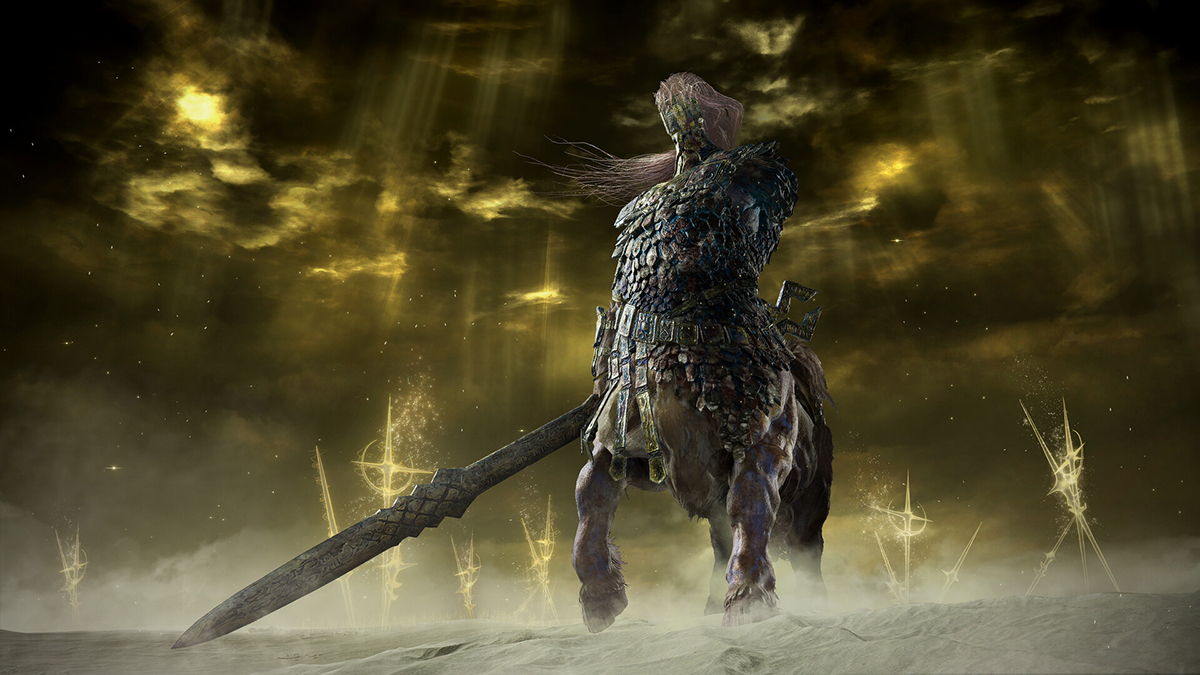Electronic Arts surprised the gaming world this week by announcing that they were rebranding Need for Speed developer Ghost Games back to EA Gothenburg and giving the beloved racing franchise back to Criterion Games. While the British studio is best known for its work on the excellent Burnout series of driving games, they produced two of the best Need for Speed offerings before EA inexplicably took the series away from them.
The move can be viewed as a homecoming of sorts. For a series that has largely been in a bit of a rut with decent yet forgettable titles, this move can only be seen as a positive.
Ever since Need for Speed evolved past simply escaping cops and driving fast, the series has always had a bit of an identity crisis. It was temporarily solved thanks to 2003’s Underground, which saw the series shift to tuning cars and street racing a la the original The Fast and the Furious, but that early ‘00s craze died down digitally just like in real life.
Afterward, the series was in a massive state of confusion. There were simulation-style racers like Need for Speed: Shift that put off arcade fans and weren’t realistic enough to please those wanting Gran Turismo, attempts at crafting a cinematic crime story focused around racing (2011’s The Run), and even attempts at taking the series online and free to play with Need for Speed: World.
It was none other than Criterion Games that solved this issue and made a racer that truly felt like Need for Speed. While they only wound up chiefly developing two games in the series, (They also did some support work on Rivals.) both 2010’s Need for Speed: Hot Pursuit and 2012’s Need for Speed: Most Wanted were a return to form for the series. It was a great blend of enjoyable street racing, cop evasion, and a satisfying open world that was just as fun to wreak havoc in as Criterion’s magnum opus, Burnout Paradise. It seemed like the series was back on track even if Electronic Arts’ yearly development cycle meant we’d see some less-than-stellar releases on years where Criterion wasn’t at the helm. However, EA then handed the series over to Ghost Games after the release of Rivals.
While the news that Criterion gets to work on Need for Speed again is certainly exciting and makes for a good headline, it has to be stressed that Criterion Games in 2020 is not the same studio it was in 2012. Nearly all game studios have a lot of turnover, but Criterion is barely recognizable. A chunk of studio staff moved to Ghost Games in 2013 (some of whom are returning now), while founders Alex Ward and Fiona Sperry left in 2014. The current iteration has also moved away from focusing on racing games, having done support for Battlefield and Star Wars Battlefront titles. So, while Criterion is going back to its roots and will surely get some of the old staff back, there’s no telling if they can be as successful as they once were.

In retrospect, EA is trying to fix a problem that they created, and the entire situation lies solely on them. If they had just kept Criterion operating as it was, then two complete studio uprootings could have been avoided and the series would be in better shape. The output of Ghost Games was never terrible, but none of their four Need for Speed titles were anything special under the Swedish studio’s leadership. It was clear that the situation wasn’t working when EA sent the most recent installment, Need for Speed Heat, out to die by not promoting it any despite its being a solid title.
Due to all of the changes that have happened at Criterion over the past eight years, there’s still a lot of uncertainty with this move. However, England has long been a hotbed for racing games, and finding new talent that is eager to work on a legendary series should be much easier there. This isn’t the same studio that created and perfected Burnout, but the future for Need for Speed can still be bright under the new Criterion, if EA is willing to properly support the English studio.














Published: Feb 14, 2020 8:55 PM UTC